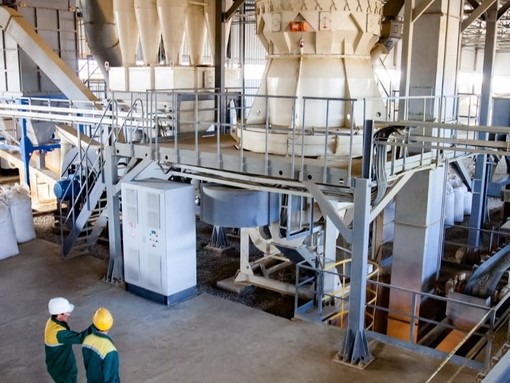
How to become a Concrete Finisher
With continuous investment in infrastructure, there are good opportunities in the UK road construction industry for workers at all levels.
Read on to find out more about the skills you’ll need and discover whether concrete finisher jobs are the right fit for you.
What do concrete finisher jobs involve?
If you can handle physically demanding work in all weathers, a career as a concrete finisher might be for you. The work can involve periods away from home, staying in sites all over the country. On busy carriageways, a lot of work is carried out overnight and at weekends to minimise disruption. You’ll be operating heavy machinery and will need a good eye for interpreting technical plans and drawings.
Typical day-to-day tasks for concrete finisher jobs:
Building, widening and resurfacing roads, including repairing cracks and potholes
Laying pavements, maintaining roadside verges and central reservations
Painting road markings, and erecting crash barriers, road signs, traffic lights and street lamps
Digging trenches for cables and pipes
Gritting roads and clearing snow in winter
What is a concrete finisher’s salary?
Average salaries vary according to location and the scale and nature of projects. Entry-level pay is in the region of £16,000 – £20,000 per year. This can rise to between £30,000 and £40,000 with training and experience, for those in supervisory roles.
These figures are intended as a guideline only.
What skills do I need?
A driving licence is usually essential, plus the following additional skills and expertise:
Qualifications to operate plant and machinery including backhoe excavators, dumper trucks, bulldozers and tracked vehicles.
Physical resilience to cope with the demands of heavy outdoor work in all weather and throughout the year.
Practical skills to operate power tools and lighter machinery.
The ability to read and interpret technical drawings and plans.
What qualifications do I need?
You’ll need a driving licence and if you’re operating heavy plant and machinery, you’ll need a Level 2 NVQ Certificate and Diploma in Plant Operations (6561).
Many of the core skills are covered by City & Guilds 6157 ‘Streetworks Excavation and Reinstatement”. The course covers essential topics such as location and avoidance of underground apparatus, safety signage, lighting and guarding, with two “key certificates” in the above for supervisors.
Completing an apprenticeship in construction and the built environment or construction civil engineering opens up wider opportunities in specialist road construction for bridges and tunnels.
What are the hours and conditions?
Concrete finishers usually work around 37 hours a week, starting early in the morning. In addition, you may have to work overtime during evenings, nights and weekends, although this creates an opportunity to boost your earnings.
Road construction work goes on in all weathers. It can be noisy, dirty and physically demanding. As well wearing ear protectors, a hard-hat and safety boots, you’ll need to wear hi-vis clothing, especially if you’re working close to open carriageways where traffic is still passing.
It’s not uncommon for road builders to travel the country to different sites, staying overnight close to the work location.
Career progression
With the right training and experience, you could become a roadworks team supervisor, known as a ‘ganger’.
In addition, there may be opportunities for the right candidates to progress into roles in planning and engineering, working for larger contractors, government agencies and local authorities.
Areas of specialism
There are good prospects for progression into specialist fields like bridge building, tunnelling and motorway construction and maintenance, especially for those with the right training and qualifications, including apprenticeships in aspects of civil engineering and the built environment.
To search for opportunities across the sector click here.
















